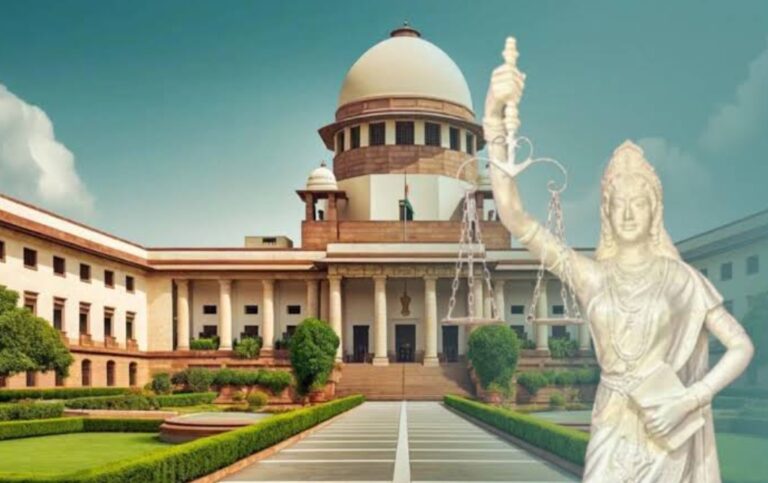In a landmark ruling on July 24, 2025, the Supreme Court of India held that a foreign entity can be taxed in India if it carries on business through a fixed place of business, even on a temporary or shared basis. The apex court rejected Hyatt International Southwest Asia Ltd.’s appeal, confirming its income tax liability in India under the India–UAE Double Taxation Avoidance Agreement (DTAA).
Key Highlights of the Judgment
The bench comprising Justice J.B. Pardiwala and Justice R. Mahadevan ruled that exclusive possession or ownership of a fixed place is not a mandatory requirement for establishing a Permanent Establishment (PE) under Article 5(1) of the India–UAE DTAA. The Court emphasized that administrative or operational control, even from a shared or temporary premise, is sufficient to constitute a PE and trigger tax liability.
Background of the Case
The case arose from Hyatt International’s Strategic Oversight Services Agreement (SOSA) with Asian Hotels Ltd., the operator of the Hyatt-branded hotel in India. The agreement spanned over two decades, during which Hyatt International provided comprehensive support, including brand standards enforcement, policy implementation, and day-to-day operational oversight.
The Income Tax Department contended that Hyatt International’s role went beyond advisory services, thereby creating a Fixed Place PE in India and making it liable to pay income tax on earnings derived from its India operations.
Supreme Court’s Observations
Justice Mahadevan, authoring the judgment, referred to the earlier ruling in Formula One World Championship Ltd. v. CIT (2017) 15 SCC 602, affirming that shared or non-exclusive access to premises—if used for core business activities—can establish a PE.
“It is not necessary for a foreign enterprise to have exclusive possession of the premises,” the Court stated. “What matters is the commercial nexus, continuity, and functional presence of the foreign entity in Indian business operations.”
The Court noted that Hyatt International’s continuous role in hotel management, revenue-sharing arrangements, and the enforceability of its operational policies demonstrated effective and substantial control, which fulfills the criteria of “permanence, productivity, and dependence.”
“The appellant’s ability to enforce compliance, oversee daily operations, and earn profit-linked fees reflects a clear functional presence and business connection to India,” the judgment read.
Court’s Conclusion
The Supreme Court concluded that Hyatt International’s involvement was not limited to high-level advisory roles, but rather included direct control and execution of essential operational functions in India. The hotel premises were effectively at Hyatt’s disposal, satisfying the definition of a Fixed Place PE under Article 5(1) of the DTAA.
Outcome
With this ruling, the Supreme Court dismissed Hyatt International’s appeal, upholding the Delhi High Court’s decision which had earlier ruled in favor of the tax authorities. The judgment sets a critical precedent for foreign companies operating in India through franchise or service agreements, especially in hospitality, consultancy, and tech sectors.
Case Title: Hyatt International Southwest Asia Ltd. vs. Additional Director of Income Tax & Ors.
Citation: 2025 LiveLaw (SC) 738
Bench: Justice J.B. Pardiwala and Justice R. Mahadevan
Date of Judgment: July 24, 2025
